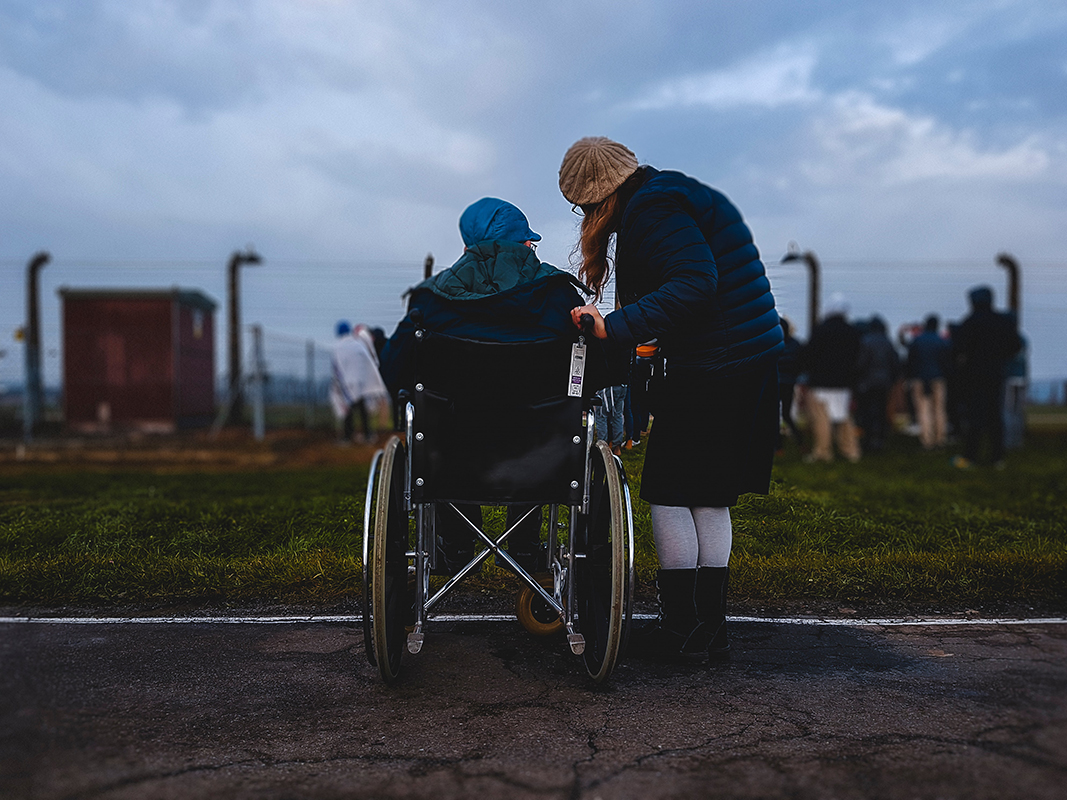About a month ago the Wet’suwet’en movement was in full swing, with activist cries to #ShutDownCanada, a call to stop major industry — an act of defiance against major corporations and a government that values economic progress over human rights. This was spurred by the favouring of Coastal GasLink’s LNG pipeline over the rights of the Wet’suwet’en.
We’ve now, because of the COVID-19 crisis, seen the effects of what shutting down Canada could look like — only shutting down small businesses and wage workers isn’t what activists bargained for.
Small businesses that are being forced to close and working class folks that are being temporarily laid off will suffer the most in this shutdown. While this is not what Wet’suwet’en activists envisioned, it may be what we needed. That is not to trivialize anyone’s suffering as I am seeing my own close friends who live paycheque to paycheque, who don’t have access to credit, suffering, and if this goes on long enough, they are at risk of starving. This is not to mention the growing street-entrenched population who are even more at risk.
What I meant by “this may be what we needed” is that this is a wake-up call showing us how vulnerable people are in our economy. There are people who can survive going weeks without work, but there are others — in fact many — who cannot go a day without work without it financially breaking them. There’s no way they would have been able to prepare for a crisis or emergency, as the economy hasn’t allowed them the opportunity to get ahead.
We live in an economy that prioritizes the wealthy over those in need, and it will continue on this path if we let it. Social activist Naomi Klein, author of The Shock Doctrine: The Rise of Disaster Capitalism, released a video called “Coronavirus Capitalism and how to beat it” in response to the global pandemic and about the possibilities for a future after it. She states: “In times of crisis, seemingly impossible ideas suddenly become possible. But whose ideas? Sensible, fair ones — designed to keep as many people as possible safe, secure, and healthy? Or predatory ideas — designed to further enrich the already unimaginably wealthy, while leaving the most vulnerable further exposed?”
She goes on to discuss some of the ideas being pushed by the American government to help repair the economy after this crisis, including Trump’s push to suspend the tax on certain paycheques used for social services — which could see the elimination of Social Security in the States, and possibly cut or privatize it. Another popular idea is to bail out major industries such as airlines and oil companies, who are also major polluters.
Klein then discusses what her book The Shock Doctrine lays out: “After a shocking event, a war, coup, terrorist attack, market crash, or natural disaster — [politicians] exploit the public’s disorientation, suspend democracy, push through radical free-market policies that enrich the one per cent at the expense of the poor and middle class.”
She continues, “It’s possible for crisis to catalyze a kind of evolutionary leap. Think of the 1930s, when the Great Depression led to the New Deal. In the United States and elsewhere, governments began to weave a social safety net so that the next time there was a crash, there would be programs like social security to catch people.”
There’s no doubt that this is going to have a horrific impact on our own economy. An economics professor out of UBC, Kevin Milligan, was quoted in a Globe and Mail article as saying “My best guess is that we are very likely to do worse in March, 2020, than the worst month in the 1930s.”
In Canada, too, we see the government planning major bailouts for major industries. Ottawa is already preparing a multibillion-dollar bailout package for the oil and gas industry, according to anonymous insiders in the federal and Alberta governments.
UN Secretary-General António Guterres made a statement over the weekend in response to this situation encouraging a human-focused response to a human crisis. He said: “Injecting capital in the financial sector alone is not the answer…. [W]e need to focus on people — the most vulnerable, low-wage workers, small and medium enterprises. That means wage support, insurance, social protection, preventing bankruptcies and job loss. That also means designing fiscal and monetary responses to ensure that the burden does not fall on those who can least afford it. The recovery must not come on the backs of the poorest — and we cannot create a legion of new poor.” He mentions a few countries who are already taking actions such as cash transfers and universal income while also mentioning the importance of helping developing countries as well.
Coming out of the COVID-19 crisis, we should be uplifting small businesses, working-class people, green companies, and social services agencies — not opting to bail out big oil and gas companies that will only create more natural disaster crises in the future.

Darien Johnsen is a UFV alumni who obtained her Bachelor of Arts degree with double extended minors in Global Development Studies and Sociology in 2020. She started writing for The Cascade in 2018, taking on the role of features editor shortly after. She’s passionate about justice, sustainable development, and education.


